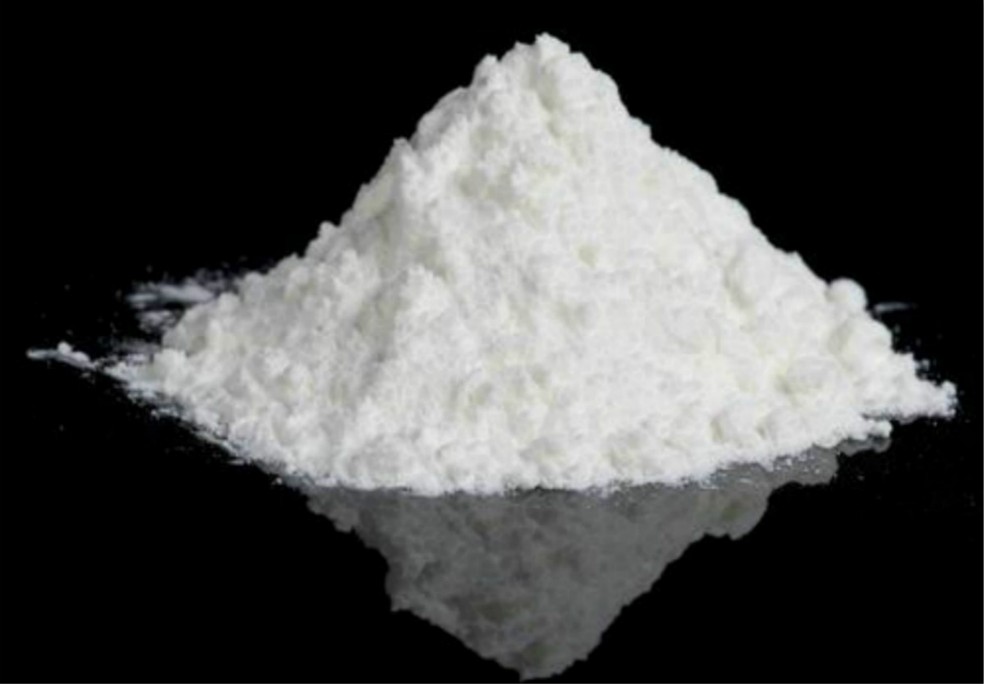GW 0742 is a selective PPARδ agonist (EC50 = 1.1 nM) that exhibits 1,000-fold selectivity over the other human PPAR subtypes. GW 0742 exhibits time-dependent neuroprotection in low KCl-induced apoptosis in cerebellar granule neuronal cultures. Despite the neuroprotective properties observed, prolonged (48h) incubation with GW 0742 produced significant inherent toxicity. This cell death was determined to be apoptotic as identified with the TUNEL assay.
GW-0742 shows activity against hPPARα, hPPARγ and hPPARδ with EC50 of 1.1 μM, 2 μM and 1 nM, respectively, in cell based transactivation assay. GW-0742 (0.2 μM and 1 μM) significant increases in reporter activity of PPARβ/δ in N/TERT-1 keratinocytes. GW0742 (1 μM) results in significant inhibition in the average number of N/TERT-1 keratinocytes.
GW-0742 at 100 μM produces a pronounced increase in c-Jun expression at 6 hours in cerebellar granule neuron cultures. GW0742 at 100 μM increases PPARα-mediated transactivation dependent on the presence of 1.5% BSA in MCF-7 cells.
GW0742 is a synthetic high affinity PPAR β/δ agonist, and its possible role in preventing the advance of inflammatory and apoptotic processes induced by bleomycin, that long-term leads to the appearance of pulmonary fibrosis. Our data showed that GW0742-treatment (0.3 mg/Kg, 10 percent DMSO, i.p.) has therapeutic effects on pulmonary damage, decreasing many inflammatory and apoptotic parameters detected by measurement of: 1) cytokine production; 2) leukocyte accumulation, indirectly measured as decrease of myeloperoxidase (MPO) activity; 3) IkBα degradation and NF-kB nuclear translocation; 4) ERK phosphorylation; 5) stress oxidative by NO formation due to iNOS expression; 6) nitrotyrosine and PAR localization; 7) the degree of apoptosis, evaluated by Bax and Bcl-2 balance, FAS ligand expression and TUNEL staining. Taken together, our results clearly show that GW0742 reduces the lung injury and inflammation due to the intratracheal BLEO--instillation in mice.






















